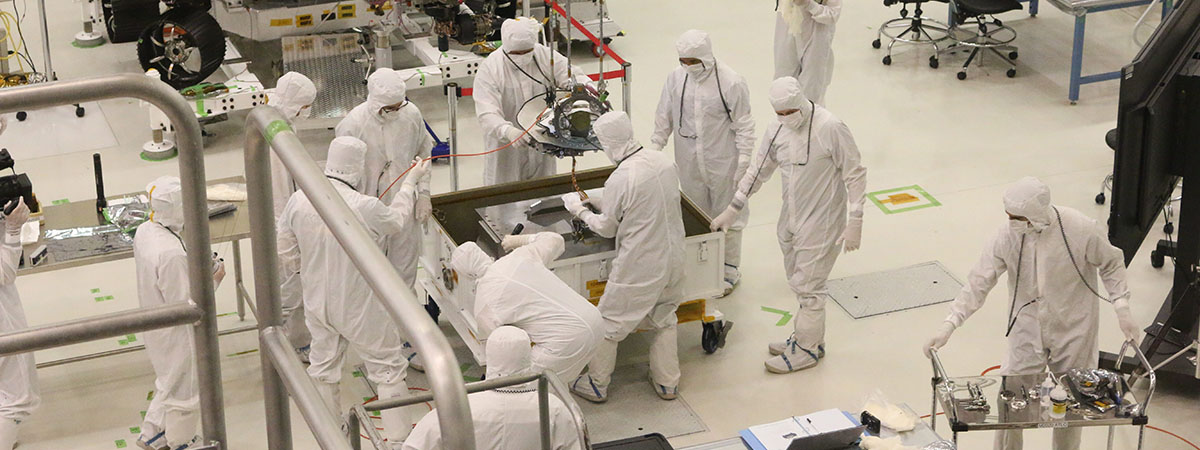
Industry 4.0 can make ‘the world more sustainable’

The world is currently facing many enormous challenges. Many that can be traced back to the need for a more sustainable world. One of the benefits that we seek to achieve from an industrial transition to Industry 4.0 are the potential solutions to many of these challenges. The challenges we are facing can be seen across many different dimensions of the way the world now operates at a global scale. The environmental, economic, and social dimensions all house some unique challenges that companies are now beginning to address through the practical application of new technologies and business models.
How can Industry 4.0 practices contribute to a sustainable world?
The economic benefits of adopting industry 4.0 practices will be seen across a broad array of areas. While some voice concerns about widespread Industry 4.0 automation leading to increased job losses, there are opportunities in being able to shift workforces into having more specialised and different knowledge and skill sets. This can also allow for a change perspective and approaches to value chains and business models which companies will need to evolve and adapt around to create and maintain a competitive advantage. In the manufacturing sector, companies will need to look for opportunities where Industry 4.0 can allow them to reduce costs, energy and waste while also integrating a workforce with more specialised knowledge and skills. An example of this shift can be seen in the circular economy framework that is beginning to see traction around Europe and the world.
On the environmental front, benefits of Industry 4.0 practices seem to be the most obvious. Through increased adoption of new technology and data sharing, we can reduce the amount of energy and resource required to provide products and services. Examples include a reduction in energy waste by solving logistical challenges with real time information sharing. Or by using smart sensors and additive technologies to make parts and components with minimal or ideally zero waste. We are also allowing for greater adoption of alternatives to non-renewable resource. Advances in renewables are being driven by real-time information sharing, smarter more powerful battery technologies and intelligent management and distribution systems.
Socially, we are seeing advances in healthcare technology that will allow growing populations in both developed and developing nations live healthier lives. Some hospitals in developing nations such as India are seeing a strong adoption of additive manufacturing in the medial space. Collaborative efforts are allowing medical professionals to share knowledge and data across borders and improve surgery success rates, patient recovery times and creating a more interconnected healthcare system. A great example is happening right now in the current COVID-19 crisis. Many 3D printing communities are sharing medical equipment knowledge and files for free to meet the unmet demand of medical face shields and other required medical components. Some hospitals in Italy and other EU member states have rapidly adopted 3D printing as a solution to produce supply of some equipment in-house.
How do we get there?
For us to get to the stage of adoption where we can begin to see widespread global impact from sustainable manufacturing and design companies need to know where to invest their efforts. There are a few critical areas that need to be considered.
R&D focus and investment will be needed in what is the backbone of the interconnected manufacturing world. That is, in the advancement of a company’s digital infrastructure and data management systems and capabilities. While this will look very different depending on industry sector and unique operating characteristics, what it will allow for is fluid and rapid feedback and information sharing between manufactures, suppliers, and customers.
Another important focus area is how the current workforce is trained and developed in terms of their skillsets. To transition to an interconnected world, companies will require their staff to be proficient and knowledgeable in in the way they operate. Staff will be required to have skillsets behind them to allow for the development, commissioning and operation of complex systems and machines. As labour intensive and repetitive operations are replaced by automation our workers will need the ability to take a different role, in using more advanced equipment and technologies to keep these automated systems and complex data sharing networks functioning.
One action we can take now is to look at how our future generation workers are trained and skilled at educational institutions at all levels. From workshop staff on the factory floor, engineers that design and implement new systems and technologies through to strategic and operational managers at different levels of business.
